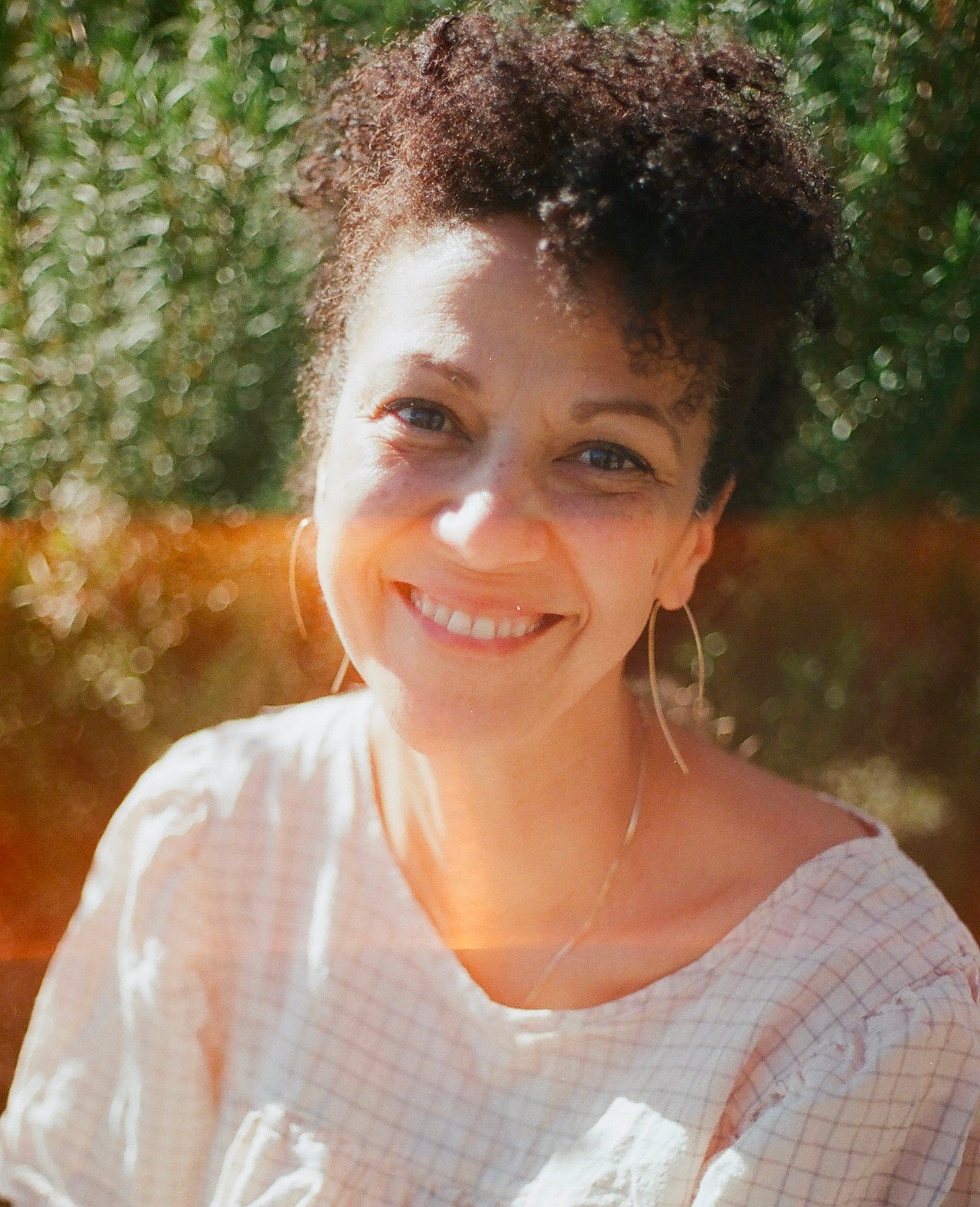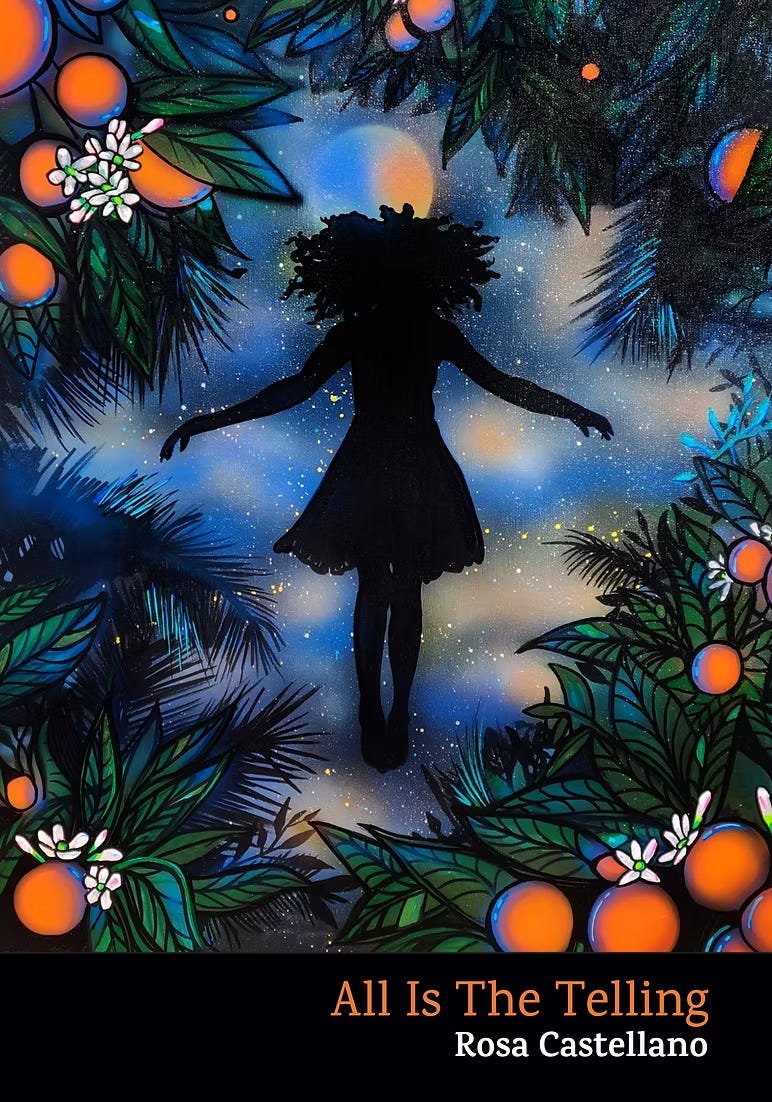Small Apocalypse
“Quiet the mental noise and tune into your soul signal to discover what you truly love exploring.” -Raj Balkaran
In this week’s newsletter:
3 Episodes On: Housing
Fast 5 with Rosa Castellano
Channel Spotlight: Public Policy
Meet a Host: Raj Balkaran
3 Episodes On: Housing
First check out Miles Glendinning’s interview about his book, Mass Housing: Modern Architecture and State Power – a Global History (Bloomsbury, 2021). He provides the first comprehensive history of one of modernism's most defining and controversial architectural legacies: the 20th-century drive to provide “homes for the people” in the USA, Europe, Soviet Union, and resurgence in East Asia.
Then listen to Chua Beng Huat discuss his book Public Subsidy, Private Accumulation: The Political Economy of Singapore's Public Housing (NUS Press, 2024). At independence, Singapore’s government prioritized national public housing and it has been a landmark achievement of the People’s Action Party. It has shaped the industrialization and development of this young country. He discusses the way the public housing system in Singapore functions, its role in politics, and the future of the program.
Finally, tune in to Yuca Meubrink’s interview about her book, Inclusionary Housing and Urban Inequality in London and New York City: Gentrification Through the Back Door (Routledge, 2024). Her entrypoint is the “poor door” practice, in which mixed-income developments mark separate entrances for “affordable housing” and wealthier market-rate residents to take a critical look at housing programs. Through her analysis of inclusionary housing programs in London and New York City, she highlights the complexity of the planning process and the ambivalences and interdependencies of the actors involved.
Fast Five with Rosa Castellano
Rosa Castellano is a poet and teacher working in Richmond, VA. She organizes writing events as the Writing Engagement Coordinator for the Visual Arts Center of Richmond and her debut poetry collection, All is the Telling was recently published by Diode Press.
Small Apocalypse by Laura Chow Reeve — A collection of linked short stories, set mostly in and around Florida. Some are bizarrely speculative, in the best ways—in one, memories are pickled, stored in jars, in another, a girl transforms slowly into a snake, there’s a state-run dating service and a packing list for the apocalypse. This collection is haunted with literal and metaphorical ghosts and yet, Reeves’ characters remain relatable. They look for love and connection, leave home, and struggle with identity all while creating a sense of community through the queer found family that grounds this book. This collection is full of heart!
When Rap Spoke Straight to God by Erica Dawson — I’m reading with Erica at Greedy Reads this month in Baltimore and have been re-reading her book length poem (again!). The language is visceral and real, and while she invokes Wu-Tang, Mary Magdalene, Lilith, Eve, and many others, she keeps the reader close, situating us in the midst of a conversation that breathes life into the question— what does it mean to be black, a women, a poet, and alive?
Borderland Apocrypha, by Anthony Cody — This is another book I return to and love to teach mainly because I like to be there when other writers first encounter what Cody’s doing in this book with form, with historical documents, with ideas of empire and humanity. Juan Philipe Herrara called his work “beyond poems,” and he’s right because Cody pushes readers past what we know of borderlands, of anti-Mexican bigotry, of how a poem can operate, and what a book can do.
“Everything Comes Back to Christina Sharpe's In The Wake” by Hafizah Augustus Geter — it rang true for me because In the Wake: On Blackness and Being, is a book that informs, inspires, and scaffolds my work as well. I seek out Sharpe’s book when I want to grieve, or am looking for solace, or to be reminded that I’m not alone “in the wake,” or when I struggle to understand my own complicated relationship to blackness and being.
Salvage the Bones by Jesmyn Ward — It’s a beautiful book, and it breaks my heart every time I read it. The story is brutal— a gut punch. It’s a thing I cannot look away from and so full of love. Salvage the Bones is beautifully rendered in lyrical prose. I just want to steal lines for my own work. It’s a hard read but always worth it.
Don’t forget to add these books, and Rosa’s debut poetry collection, All is the Telling to your To Be Read list! And listen to her NBN interview here:
Channel Spotlight: Public Policy
Subscribe to New Books in Public Policy to learn more about social issues including housing, reproductive justice, civil liberties, health care, and even youth sports.
Dive into Jonathan Tarleton’s recent interview about his book, Homes for Living: The Fight for Social Housing and a New American Commons (Beacon Press, 2025) where he explores housing as a public good, movements for tenant rights and Indigenous sovereignty, and questions of race and class.
Tamara Lea Spira's Queering Families: Reproductive Justice in Precarious Times (University of California Press, 2025) traces the shifting dominant meanings of queer family from the late 20th century to today.
In More Than Play: How Law, Policy, and Politics Shape American Youth Sport (University of California Press, 2025), Dionne Koller illuminates the law and policy assumptions supporting a model that puts children's bodies to work through youth sports, which generates significant surplus value.
Check out more compelling interviews with authors who study public policy relevant to every facet of our lives.
Meet a Host with Raj Balkaran
Q: Can you briefly introduce yourself, including your areas of academic interest?
A: I’m a scholar of Sanskrit narrative literature— Indian mythology, in short—with a focus on the myths of the Indian Great Goddess. I’m particularly interested in the ethical resonances of these ancient stories, especially as they relate to questions of war, peace, and world affirmation.
Q: What channel do you contribute to?
A: I contribute to the Indian Religions channel, which I rebranded from its original name, Hindu Studies.
Q: How did you first hear about the New Books Network?
A: Through a professional listserv.
Q: What made you want to be a host for NBN?
A: In 2018, Marshall Poe put out a call for help with the then-flagging Hindu Studies channel. I answered as a favor, which evolved into a hobby by 2019 and a lifestyle by 2020. Since the onset of the pandemic, I’ve produced 4–6 episodes a month.
Q: What do you enjoy most about being an NBN host?
A: Learning about the world— and about the people who dedicate their lives to studying it.
Q: What episode has been your favorite to record?
A: There are too many to name, but one recent standout is my epic conversation with seasoned scholar Wendy Doniger, recorded in commemoration of my 400th New Books Network episode!
Check it out, here!
Q: Other than your own, what has been your favorite episode (or channel) to listen to?
A: While I create a fair amount of content—podcasts, courses, talks— I tend to produce far more than I consume!
Q: If you could record an NBN interview with anyone, who would it be?
A: Sir Roger Penrose.
Q: What advice would you give to anyone interested in becoming a host at NBN?
A: Quiet the mental noise and tune into your soul signal to discover what you truly love exploring. Then connect with your guests from that place. Be yourself— and let them be themselves. Drop the script, listen deeply, respond authentically, and allow the magic of live conversation to unfold.
Listen to all of Raj’s great interviews on our New Books in Indian Religions channel!
Is there another host that you’d like to learn more about? Let us know in the comments!








